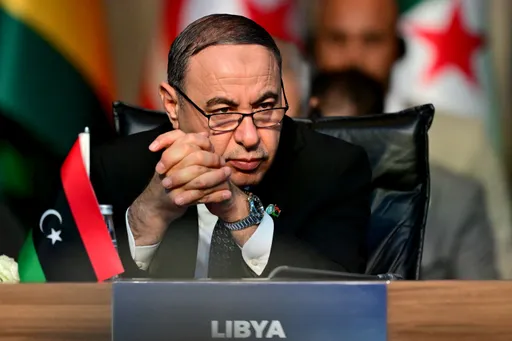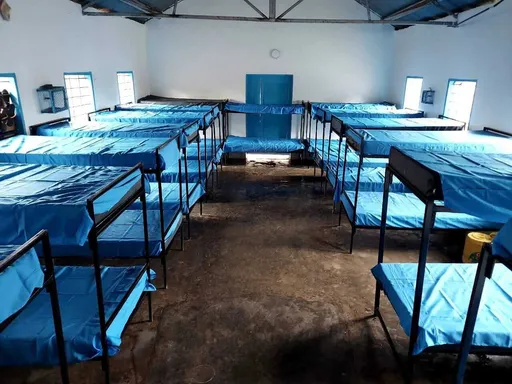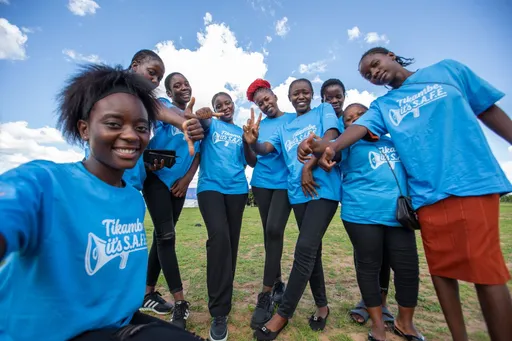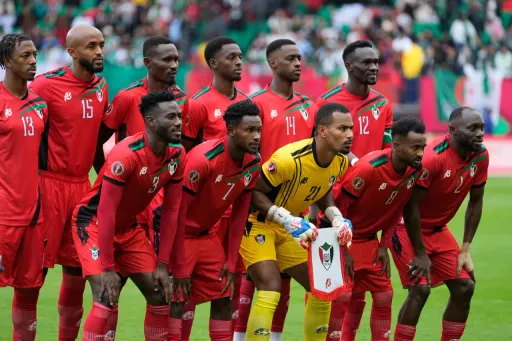Uganda's President Yoweri Museveni has said he has "shocking" evidence indicating how the country's anti-corruption protests on Tuesday were funded by foreigners.
In a statement on Thursday, Museveni said the anti-graft protests had "two bad elements."
"Element no.1, was funding from foreign sources that are always meddling in the internal affairs of Africa for the last 600 years ─ slave trade, colonialism, neo-colonialism, genocide, economic exploitation, etc," Museveni said.
"All those involved, should know that Uganda is not a neo-colony where those shallow schemes can be deployed."
'Very bad things'
According to the president, "the second element, was that some of the authors and participants of the demonstrations, were planning very bad things against the people of Uganda."
"Those very bad things, will come out in court when those arrested are being tried. It is possible, that some of the participants, did not know of the planned foreign funding and the planned bad things. That is why, they should have listened to the police advice, not to go on with the demonstration. But they rubbished the police advice."
Museveni said he would have personally taken part in the protest if it was a "patriotic, anti-corruption, peaceful demonstration, co-ordinated with the police."
The head of state further said that "those being funded by foreigners, should stop and report to the Minister of State for Ethics, those that have been funding them." He added: "We shall not arrest them. In any case, we know a lot about the goings on in those groups. Our interest is to immunise Uganda against the schemes of the imperialists and their agents."
Several people arrested
More than 70 Ugandans, who took part in the anti-corruption protests in the capital Kampala on Tuesday, were arrested and charged with breaching public peace.
Museveni says the evidence the state has against the arrested people "will shock many."
"The charge by the police of 'idle and disorderly', I suspect, was used because the deployed personnel did not have all the information. This was a high-quality, intelligence-led operation. I have most of the information," the president said.
"Next week, I will make a broadcast and discuss more on the issue. I praise the Lord that there was no blood-shed on Tuesday. The fight against corruption is in my hands. I just need evidence and action will be taken."
Corruption index
Transparency International data shows Uganda is among 30 of the world's most corrupt countries.
Despite implementing several measures to tackle graft, corruption still remains a major problem in Uganda.
Earlier July, Museveni urged the judiciary to support anti-graft efforts by "placing corruption in the category of offences that are not considered for bail."
In 2008, Uganda set up the Anti-Corruption Division of the High Court to hear and swiftly rule on corruption-related cases.
Convictions
Museveni also set up State House Anti-Corruption Unit in 2018 to "coordinate citizens' corruption complaints to the presidency."
The unit says 55.4 billion Ugandan shillings (or 15 million US dollars) have since been recovered and 588 people arrested, resulting in 94 convictions.
➤ Click here to follow our WhatsApp channel for more stories.
























